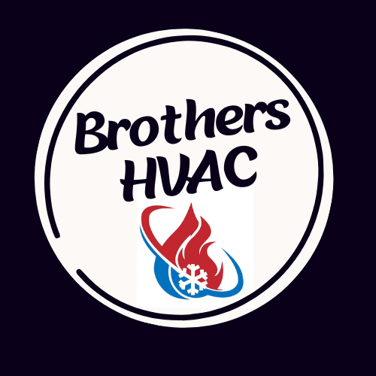Common ways pool heaters break down
Insights from Brothers HVAC
Pool heaters are susceptible to various malfunctions, affecting their performance and reliability. Here are some common reasons why pool heaters break down:
Thermostat Issues: The thermostat, responsible for regulating pool water temperature, may malfunction, resulting in inaccurate readings and inadequate heating.
Ignition Problems: Gas-powered heaters require proper ignition to initiate the heating process. Issues like faulty igniters or gas supply problems can hinder the heater from starting.
Pressure Switch Failures: Many pool heaters feature pressure switches to ensure sufficient water flow before heating begins. Malfunctioning switches can prevent the heater from activating, even with proper water flow.
Burner Challenges: Gas heaters rely on burners to generate heat. Clogs, rust, or wear and tear on the burner can lead to inefficient heating or complete failure.
Circulation Concerns: Effective water circulation is vital for optimal heater performance. Blockages in plumbing, such as debris buildup, can impede water flow and disrupt heater function.
Corrosion: Exposure to water and chemicals can cause corrosion over time, particularly in components like the heat exchanger. Corrosion can lead to leaks and reduced efficiency.
Electrical Problems: Electric heaters may encounter issues like faulty wiring, blown fuses, or damaged components, hindering their ability to receive power.
Heat Exchanger Leaks: The heat exchanger transfers heat from the source to pool water. Corrosion or wear can result in leaks, diminishing heater effectiveness and potentially causing further damage.
Thermistor Failures: Thermistors monitor water temperature and communicate with the heater's control system. Malfunctioning thermistors can lead to inaccurate readings and improper heater operation.
Control Board Malfunctions: Digital control boards regulate heater functions. If these boards malfunction due to power surges or moisture, the heater may not operate correctly.
Neglected Maintenance: Regular upkeep is essential for heater longevity. Neglecting tasks like cleaning, inspection, and part replacement can lead to breakdowns.
Freezing Damage: Improper winterization in colder climates can cause freezing damage. Water left in the heater can expand, resulting in cracks and other issues.
To prevent these breakdowns, prioritize regular maintenance, adhere to manufacturer guidelines, and promptly address any issues with professional repair services.
